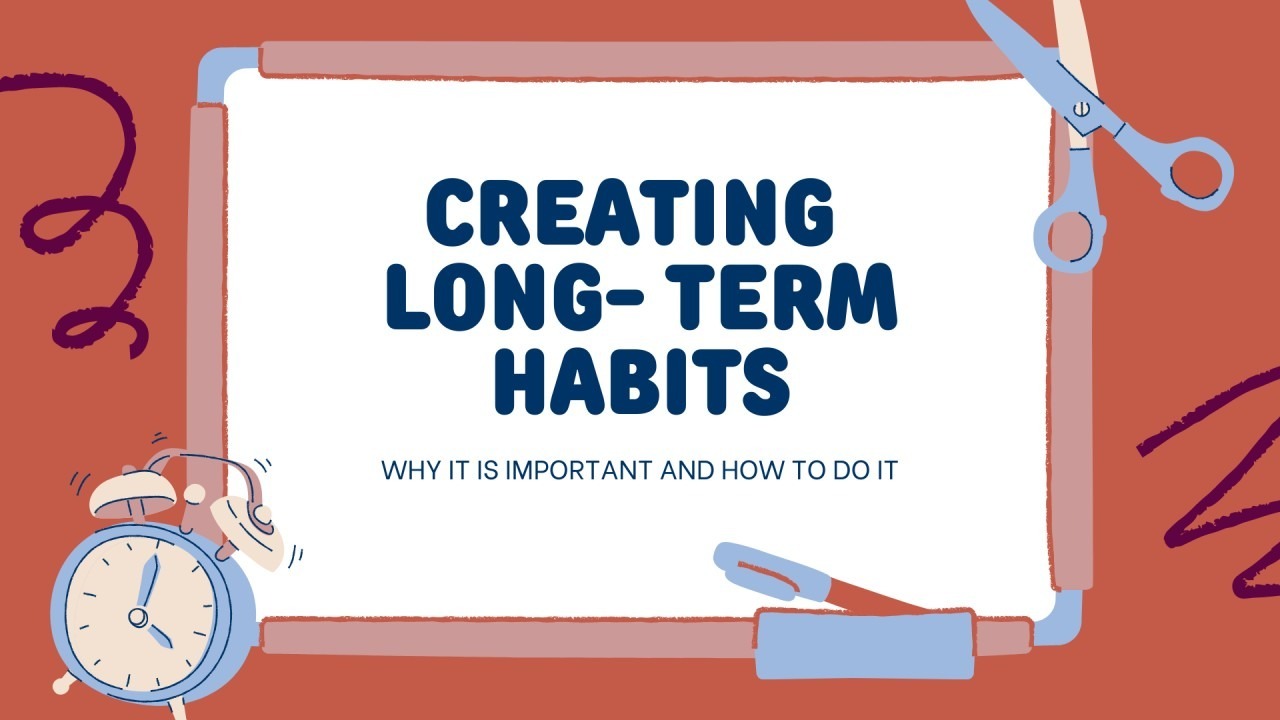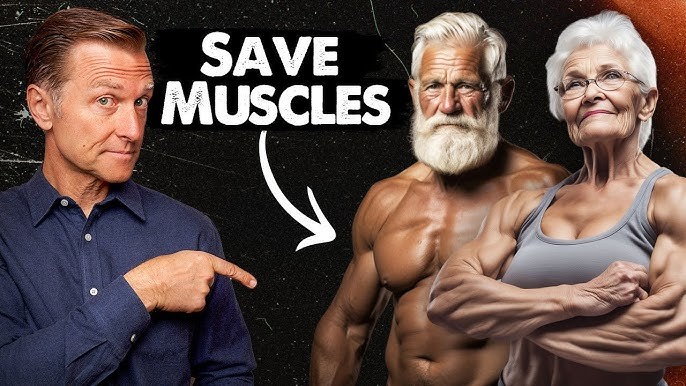Best Practices for Long-Term Health Habits
The desire to live a healthier life is a common resolution, but the journey from intention to lasting habit is often fraught with difficulty. We start with a burst of enthusiasm, fueled by a new diet plan or an intensive workout routine, only to find our motivation wane and our old habits creep back in. The cycle of starting and stopping is not a failure of willpower but a fundamental misunderstanding of what it takes to build a sustainable lifestyle. Lasting health isn’t about a few weeks of extreme effort; it’s about a long-term, patient commitment to small, consistent actions. The most successful approach to health is not a sprint toward a finish line, but a marathon of continuous, gentle progress. By shifting our focus from dramatic, short-term results to the best practices for building enduring habits, we can create a foundation for a lifetime of well-being.
One of the most critical best practices is to prioritize **consistency over intensity**. The temptation to jump into a new health routine with extreme vigor is strong, but it’s often the very thing that leads to burnout and failure. A person who suddenly commits to a two-hour workout every day is far more likely to quit than someone who commits to a 20-minute walk. The goal isn’t to shock your system; it’s to create a habit that is so small and manageable that it feels almost effortless to maintain. By making the habit consistent, you build a mental and physical rhythm that becomes a non-negotiable part of your day. Once that habit is firmly established, you can gradually increase the intensity or duration. For instance, if your goal is to drink more water, start by simply carrying a water bottle with you. Don’t worry about the exact amount at first. Just the presence of the bottle acts as a gentle reminder, and over time, that simple act will lead to a significant increase in your daily intake.
Another key to building long-term health habits is to **make the new behavior as easy as possible**. We often rely on willpower, but the truth is that willpower is a finite resource that is easily depleted. A more effective strategy is to engineer your environment to support your desired habits and make unhealthy choices more difficult. If you want to eat more fruits and vegetables, make sure your refrigerator is stocked with washed, pre-cut produce that is ready to grab. If your goal is to exercise in the morning, lay out your workout clothes the night before. This eliminates the need for decision-making in the moment, which is a major point of friction. Similarly, if you want to curb snacking on junk food, don’t have it in the house. By removing the temptation from your immediate environment, you make the healthy choice the path of least resistance. This proactive approach to habit formation is far more effective than trying to resist temptation in a moment of weakness.
Furthermore, a sustainable health journey requires a strong element of **mindful self-compassion**. We are not robots, and there will be days when we fall off track. You’ll miss a workout, or you’ll have a dessert you didn’t plan for. The best practice in these moments is not to descend into self-criticism and guilt, which often leads to giving up entirely, but to practice forgiveness and get back on track with the very next meal or the very next day. A single missed workout doesn’t derail a year of progress, but the decision to give up because of that missed workout does. View these slips not as failures but as temporary deviations from your path. Acknowledging that you’re human and then resuming your habits without judgment is a powerful skill that protects your long-term progress. This gentle approach replaces the all-or-nothing mentality with a more resilient and realistic one, ensuring that a small setback doesn’t become a complete derailment.
Finally, long-term health is not just about physical actions; it’s about the **strategic integration of mental and emotional well-being**. A great workout routine and a perfect diet won’t matter if you’re constantly under immense stress or chronically sleep-deprived. The best health habits are those that are holistic, addressing the body, mind, and spirit. This means prioritizing seven to eight hours of sleep, practicing mindfulness or meditation to manage stress, and fostering strong social connections. For many, a walk in nature can be as beneficial for their mental health as a high-intensity workout is for their physical health. By recognizing that these mental and emotional habits are just as important as diet and exercise, you create a comprehensive foundation for a truly healthy and resilient life. It’s a holistic approach that ensures you’re not just strong, but also calm, rested, and connected to the people and things that bring you joy.







